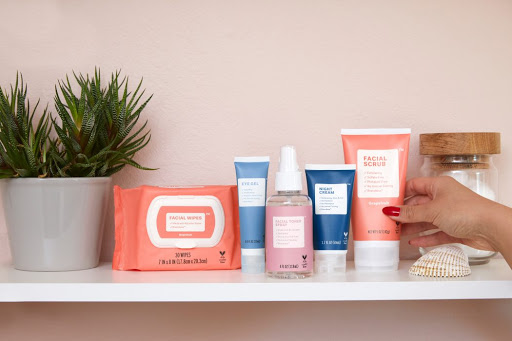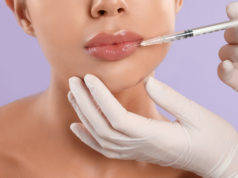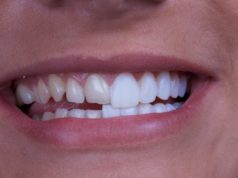We all endeavor to protect our skin and ensure that it is properly taken care of, all year around. However the onset of winter brings with it its own unique set of challenges.
It is only by effectively dealing with them that we can ensure that our skin is kept healthy and well nourished.
Using a face wash regularly can help us keep our face clean and also remove any dead skin cells or debris which may be lodged within our skin. It can help keep our skin hydrated and give it a fresh and glowing look.
Avoiding or limiting consumption of dairy and refined carbohydrates helps to decrease the incidence of acne and pimples. The hormones that are contained in dairy products may stimulate the production of oils that lead to pimples.
Consuming products which have refined carbohydrates may result in inflammation and worsen your acne. The use of heaters during the winter can accentuate the lack of moisture and result in even drier air.
Therefore, in order to avoid the effects of excessively dry air it is advisable to limit the use of heaters as far as reasonably possible. The cold weather may also result in wider capillaries and loss of blood circulation.
While many people cut down on their consumption of water during the winter, they may not be aware that consuming water during the winter is necessary in order to remain hydrated and protected from the dry environment.
One area of skin care which we often overlook and leave unattended is our heel. Combating dry skin in our heels during cold weather is possible by using herbal heel care cream.
These creams provide a nourishing combination of herbs and natural oils which help heal dry, rough and cracked heels. Regular application of this cream can help avoid a condition which alas is all to common during the winter.
Using natural herbal lotions with salicylic acid or lactic acid can remove dead cells and result in smoother skin. Using a moisturising cleanser which is soap free is beneficial to parched hands.
Avoiding excessive use of soap and water can help maintaining moisturised skin. Using honey and milk on your skin can also help in nourishing it and preventing dry skin.
Eating food which has a high concentration of monosaturated fats and omega 3 fatty acids can provide much needed nutrition for the skin.
While avoiding low humidity and dry air during the winter, may not always be feasible we can take measures to combat their effects and protect our skin.












